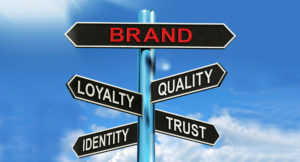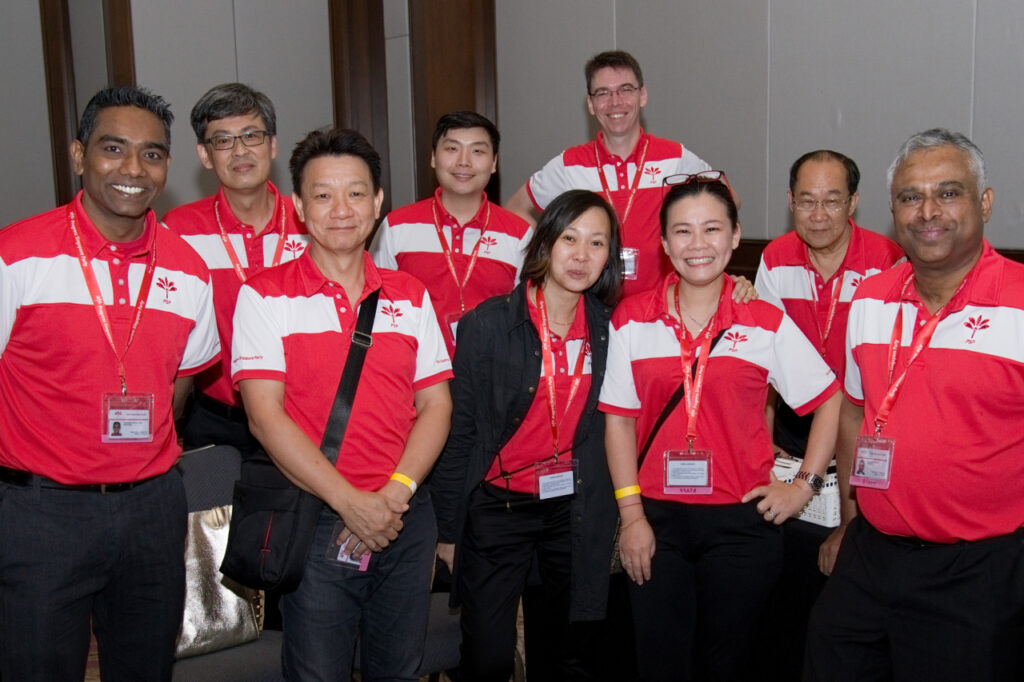Beyond a Party’s Brand
by Yuen Kin Pheng, Francis.

Many of us will remember brands like Motorola, Nokia and Sony-Erickson. These were the top mobile phone brands in the 80s and 90s. Apple was still making baby steps as a home computer company then. Today, these top brands have faded away. The new kids on the block, Apple, Huawei and Samsung, marketing the ubiquitous mobile phone in the 2000s have overtaken them.
Why have Motorola or Nokia not been able to maintain their supremacy in the market? This is mostly because a brand can progress only if they retained customer loyalty. Beyond that, it has to continue satisfying the user’s needs which are rapidly changing in today’s world. For a brand to last it must possess, among other qualities, three key attributes. First undoubtedly is the quality of its products and services. Second is the reliability of its after-sales service. And third is its ability to stay competitive to meet new and changing demands of its customers.
Apple was able to make a breakthrough primarily due to its ability to innovate and meet the changing needs of the mobile phone industry. Although it was a new player in this market, it managed to develop a new and innovative way to satisfy the customer’s basic needs. The need for communication via voice or text, to listen to music or access other forms of entertainment and to take photos and videos – such functions have not changed. But the way Apple provided for all these on an integrated platform on one device has created a totally distinctive experience for its customers. Established brands resting on their past laurels soon found themselves falling by the wayside.
But what has this got to do with the branding of a Political Party? Let’s examine this from the perspective of these three attributes. The quality of the Party’s ‘products and services’ is reflected in how well its policies are implemented to meet the needs of the populace. If job opportunity and standard of living are examples of these needs, then how well have these policies been implemented to improve the lives of the people?
The ‘after-sales service’ is delivering what the party has promised. Fulfilling these promises builds trust and credibility. A party’s branding achieves traction only if it continues to improve customer’s satisfaction, viz-a-vis the welfare of the people. Also maintaining a ‘customer first’ mentality after sales means a policy of ‘people first, not party first’.
Being innovative and taking the country and its citizens to greater heights will differentiate a good Political Party from others. It is akin to a company developing new products and services to stay ahead of the competition, yet not pricing itself out of reach. A party that dawdles on past glories will not be able to deliver breakthrough results to bring about positive change, for the betterment of country and people.
We need to reflect on the past and look beyond just the party’s brand. The fact that a brand has served the citizens well in the past does not necessarily mean it will continue to be relevant in the future. This is especially so when the aspirations and wants of the people change with the times. This is worse if the party loses its direction and becomes detached from the people, pursuing policies that do not serve their interests. It is like a brand trying to cling on to the market by spending huge advertising dollars and giving discounts instead of upgrading its services to meet customers’ needs.
It is also a fallacy to assume that the quality of a brand remains intact with a change of leadership. A party depends on the quality of its leaders, best judged by their performance during difficult times like the current Covid19 crisis. A good brand with incompetent leaders will soon lose its lustre and risk being irrelevant to the very people they serve.
The danger of voting based on a party’s brand is that the attributes of quality, reliability and creativity of the leaders are not seriously evaluated. Many believe that it is ‘safe’ to just go along with a known brand without looking deeper. They would have deprived themselves the chance of trying alternative parties that can better meet these brand attributes. Coming back to the case of Apple, if customers had not given it a chance and tried out its first iPhone, they might never have known what they were missing. Change may not always be comfortable but neither is keeping to a status quo. The unknown should not be feared if we evaluate carefully and make our choices wisely.
Mr Lee Kuan Yew once said, “there will come a time when eventually the public will say, look, let’s try the other side either because the PAP has declined in quality or the opposition has put a team equal to the PAP and they say, let’s try the other side. That day will come.”
Indeed, that day has come and the time is NOW.
You deserve better.
#psp
#progresswithcompassion
#youdeservebetter
Disclaimer:
The author of the above article writes in his own capacity with his views and opinion only to himself and are in no way a representation of the Party.

